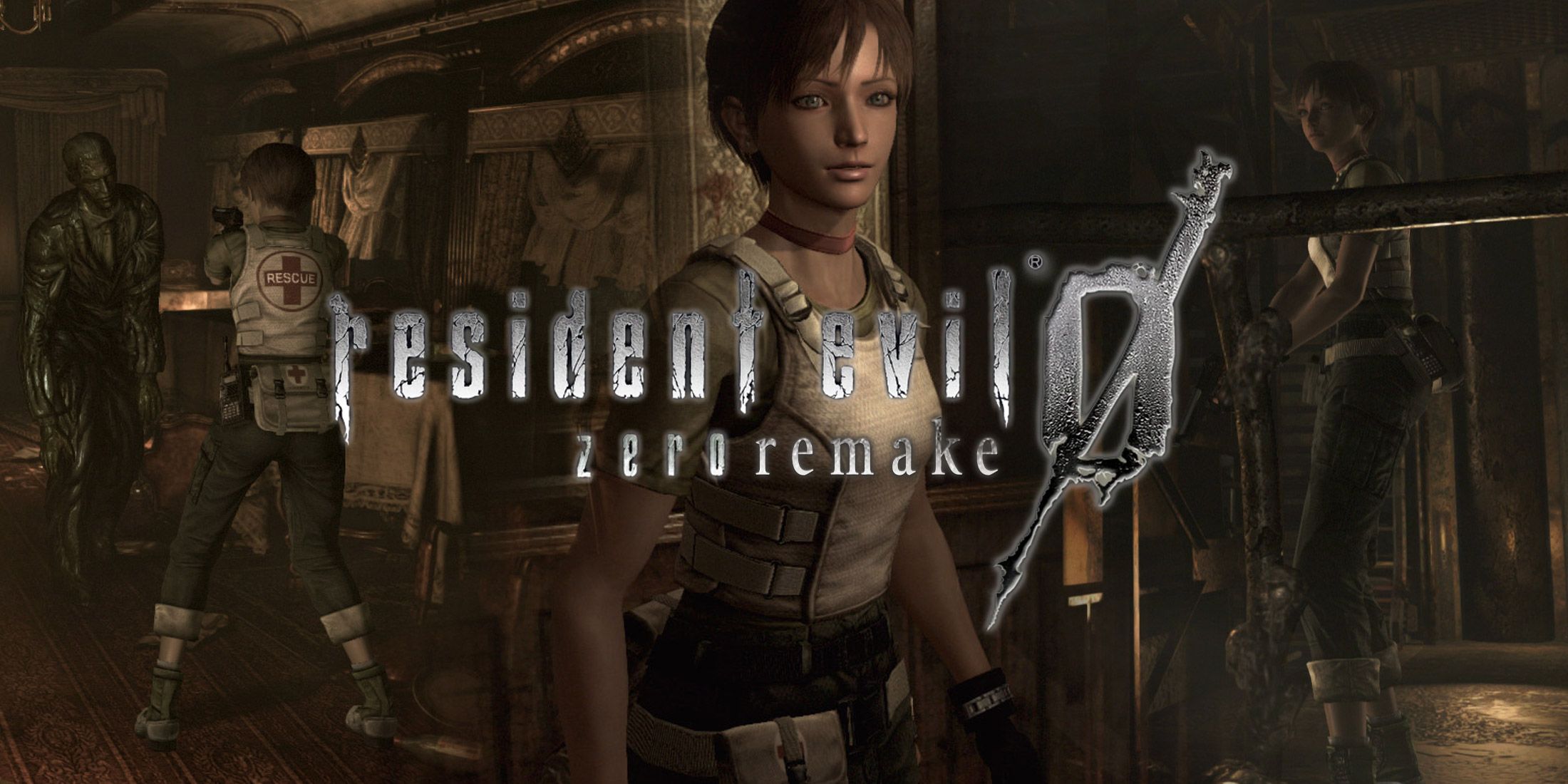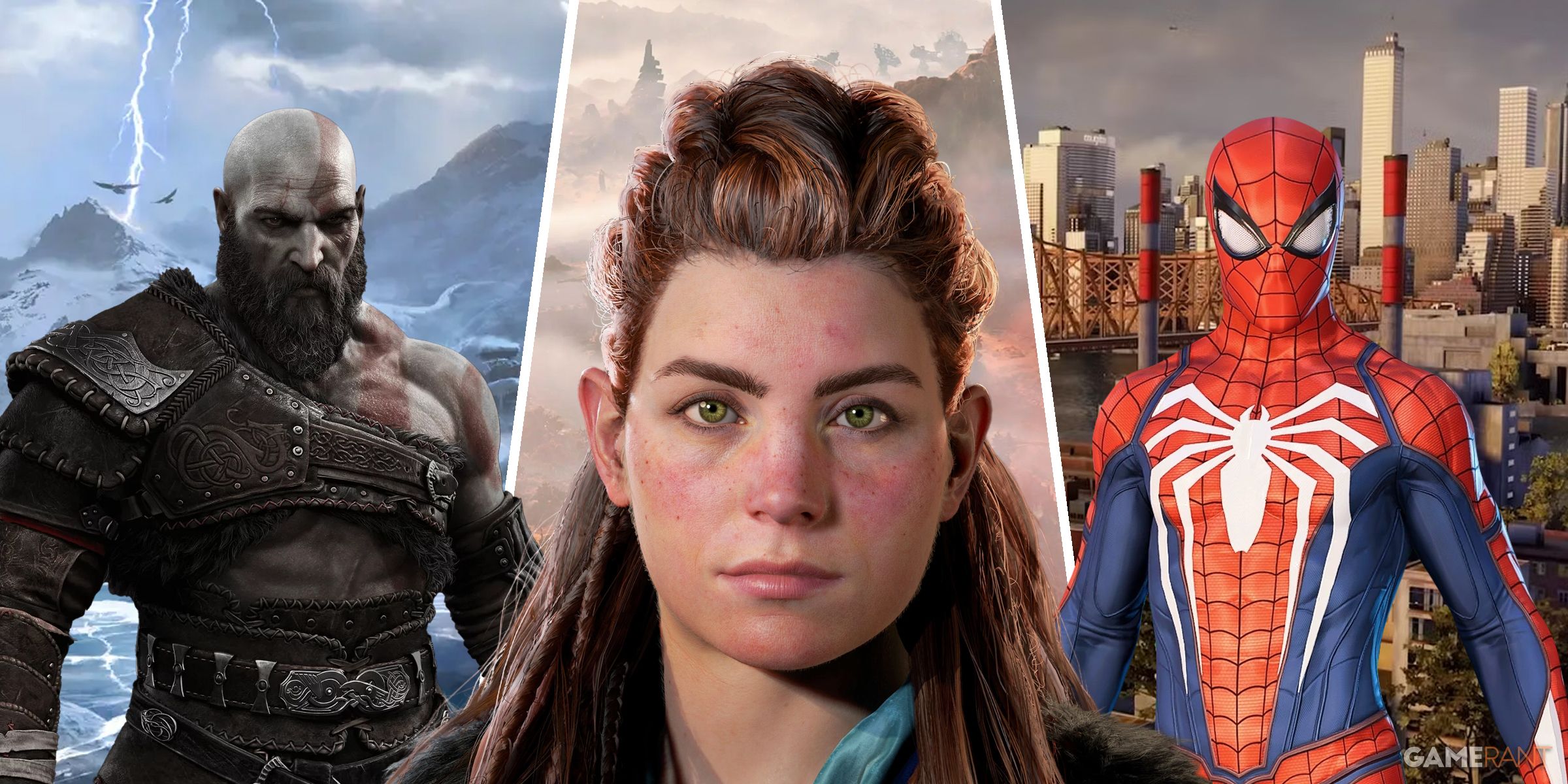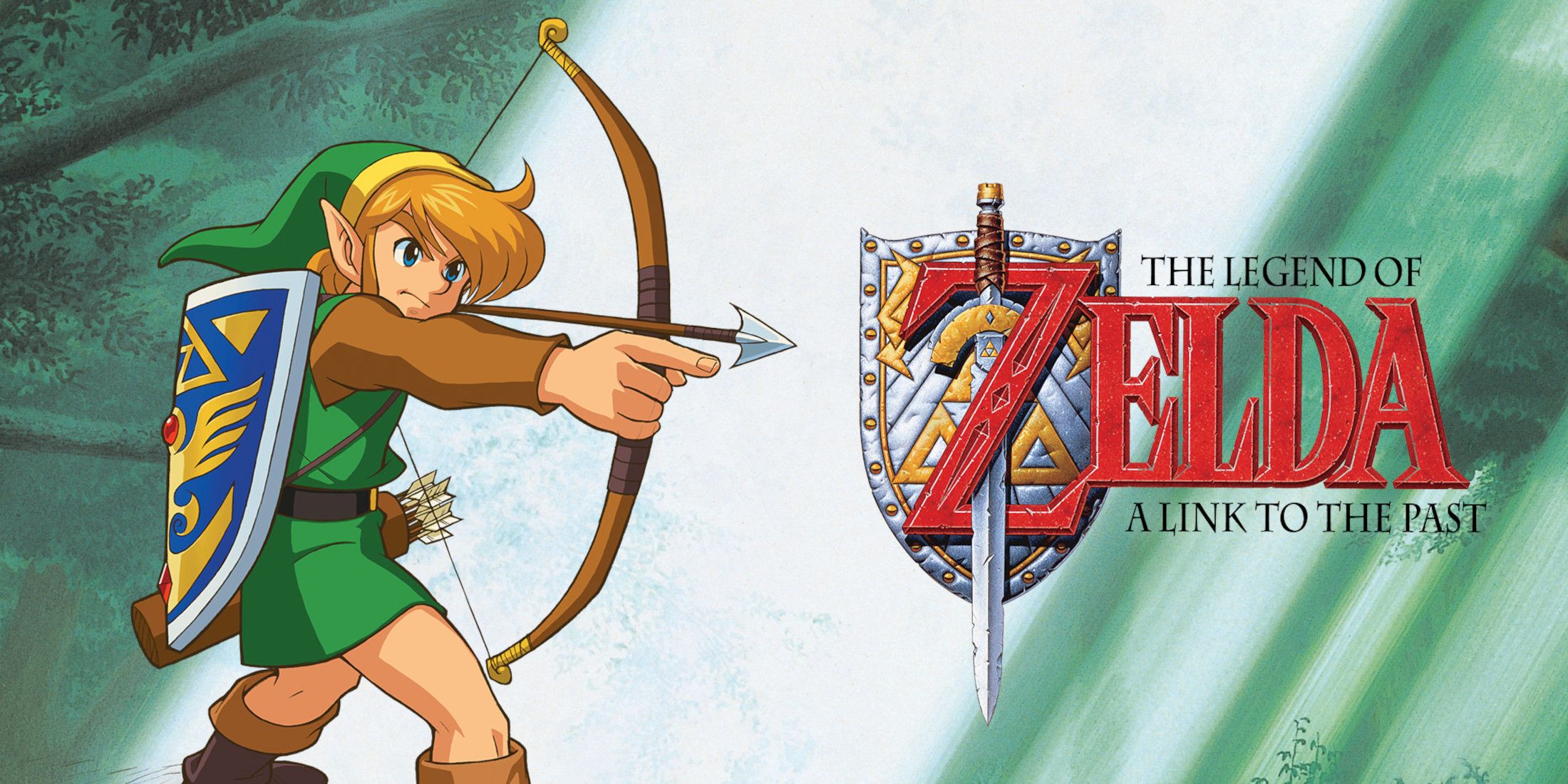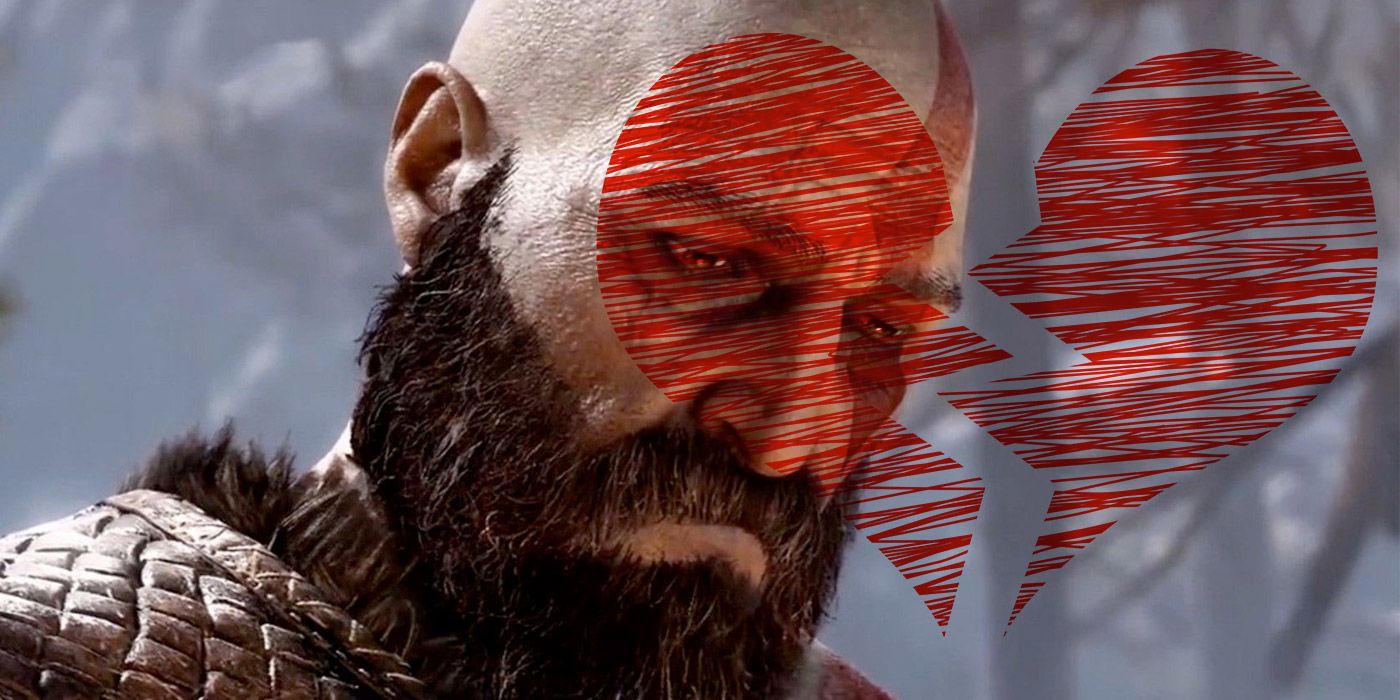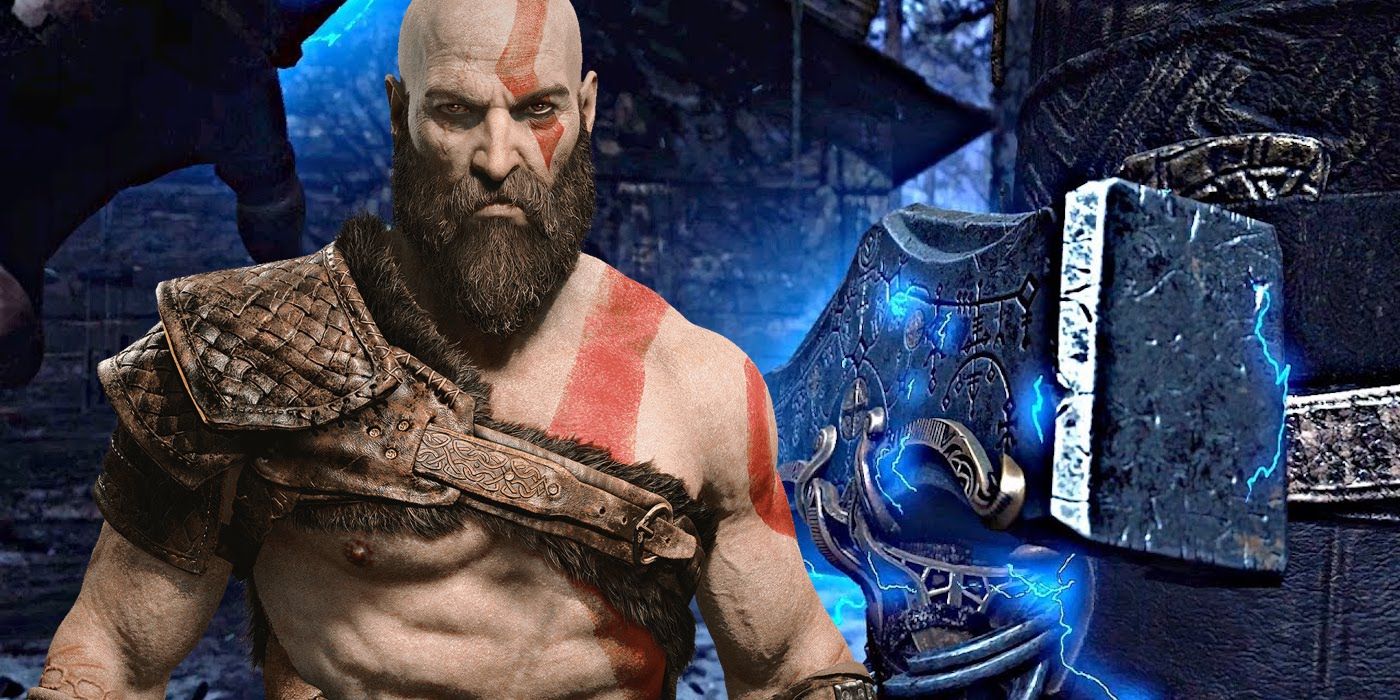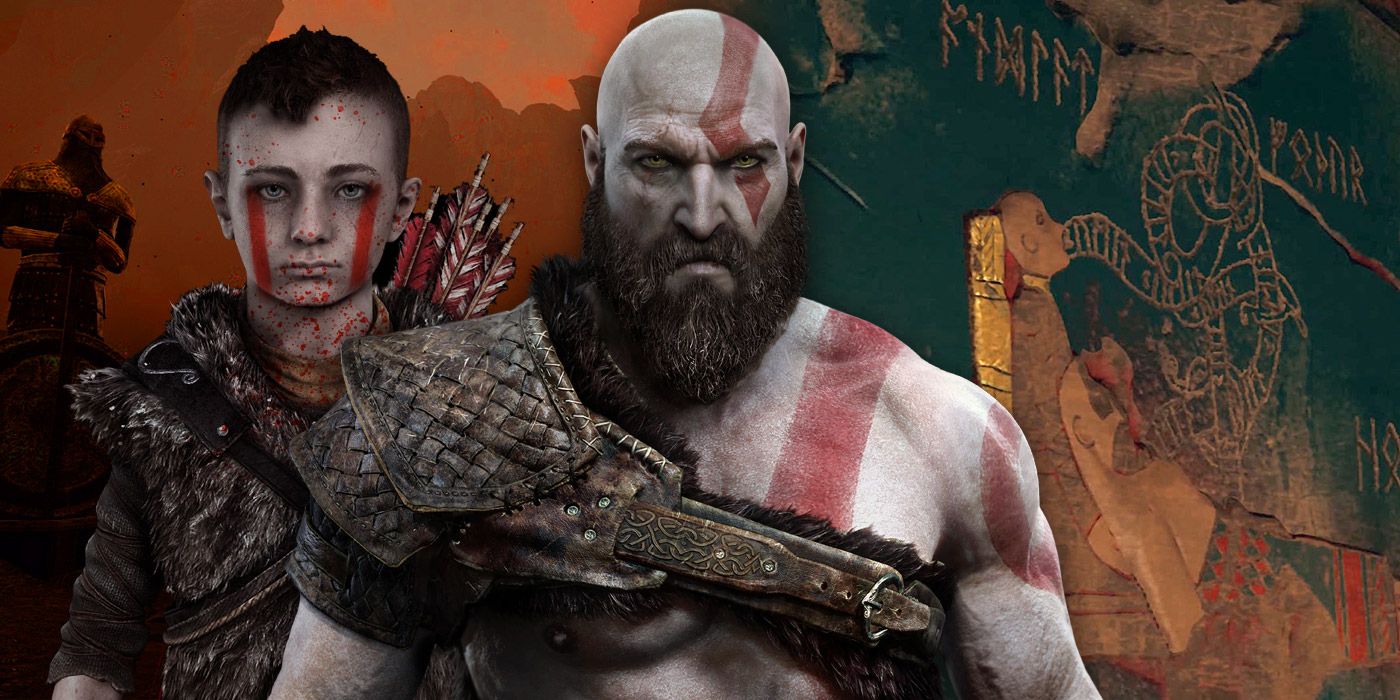Sony Santa Monica's God of War is widely considered as one of the best games on the PS4, and that's not without plenty of reasons. The team did a wonderful job at changing its hot-headed violent protagonist Kratos, without robbing him of his personality, all while introducing a new Norse mythological setting. Fans are understandably excited for the God of War: Ragnarok sequel, and it looks that the wait might end sooner rather than later.
Rumors seem to indicate that the God of War: Ragnarok sequel will be receiving its first look at gameplay during Sony's State of Play event, which is rumored to be scheduled for July 8. There's a lot to be excited about, but fans should be ready to experience a ton of heartbreak as well.
God of War: Ragnarok and Norse Mythology
While the name itself might not be confirmed just yet, it's known that the God of War sequel will be focused on the events surrounding "Ragnarok." Ragnarok is considered as the end of the world in Norse myths, which entails a great war between many Gods and their subsequent death. Among the key figures that die within the original myths is Loki, who is revealed to be Atreus himself. Loki is an important figure within the myths, one that is largely credited for bringing about disbalance within the realms and the subsequent arrival of Ragnarok.
Loki's fate in the Norse myths is heart-wrenching to say the least, as the Gods punish him by binding him to unbreakable shackles within a dark cave. In addition to this, a deadly serpent constantly trickles its deadly venom upon Loki's body which will ultimately cause his demise. It's also told that Loki's wife Siguna stood beside him for ages, as she tries to pour the serpent's venom into a cup until she has to let go of it momentarily to empty its contents.
There's also a mural during the end of God of War that showcases Loki (Atreus) holding what looks to be a dead Kratos with a serpent-like creature emerging from his mouth. Given that the mural is placed right next to the ones that foretold the journey of Kratos and Atreus, it seems safe to assume that this might be a distant truth as well. Atreus might not mention the mural exactly, but he is off-put by the fact that the essence of being a God is only to see death and destruction and ultimately killing his loved ones.
God of War might be based on Norse myths, but it twists a bunch of key events and timelines to make the story of the game work. At its epicenter is a burning question of fate and redemption, as many such as Odin wonder if fate can really be changed or not. Others such as Kratos and Freya seem to be on a quest for redemption, and at least the former character's arc makes him a radically different character at the end. As Kratos puts it, "We will be the Gods we choose to be, not those who have been."
Despite such a predicament, Atreus and Kratos' killings of the Norse gods do kickstart the events that might bring about Ragnarok. While the game puts an interesting spin on the concept of fate, many key events are brought about in a similar fashion to the myths. Baldur's death is brought about by Loki himself, but the way in which it happens is quite different from the myths. All in all, there's quite a bit of ambiguity surrounding the next game's story but its best to keep these possibilities in mind.
God of War Ragnarok will launch in 2022 for PS4 and PS5.

